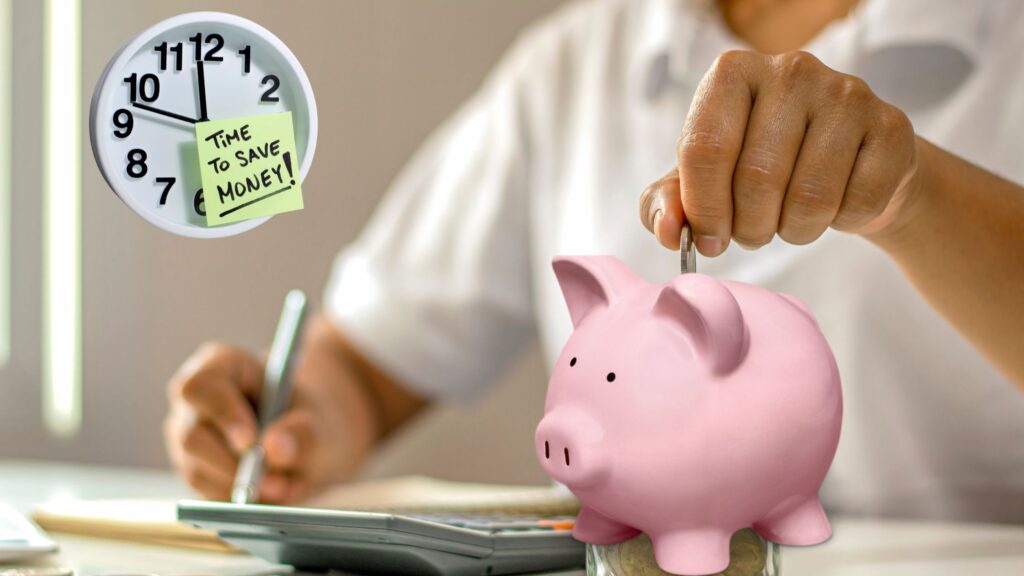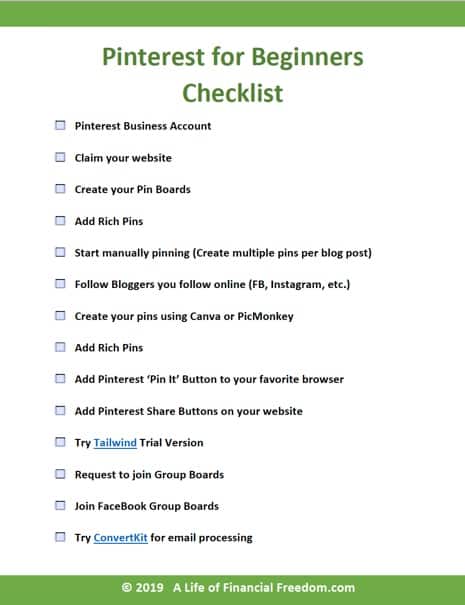Save Money By Cutting Out These 25 Things

You can save money by cutting out these 25 things from your budget. Are some of them on your list?
Disclosure: I have included some affiliate links below, and I may receive commissions for purchases made through these links.
Reducing unnecessary expenses can significantly impact you if you want to tighten your budget and save money.
Many of us spend money on things we don’t need, and small changes can lead to significant savings over time. Here are 25 items you can eliminate from your budget to keep more cash in your pocket.
1. Cable Subscription
Cable TV is expensive and can quickly add up to hundreds of dollars a year. Instead of paying for an extensive channel package, consider switching to a streaming service like Netflix or Hulu or a free alternative like Pluto TV. Many networks also offer free episodes online.
2. Magazine Subscriptions
While magazines can be enjoyable, most of the content is available online for free. Check if your local library provides digital access to magazines through apps like Libby or Zinio before spending on a subscription.
3. Gym Memberships
Many people pay for gym memberships they rarely use. Instead, opt for free workouts such as running, biking, or bodyweight exercises at home. YouTube has countless free workout videos to help you stay fit without a membership fee.

4. Bottled Water
Buying bottled water regularly can be costly. Investing in a high-quality reusable water bottle and a home filtration system can save you money and reduce plastic waste.
5. Eating Out Frequently
Eating out is convenient but expensive. Cooking at home allows you to save money and eat healthier.
Meal prepping and learning to cook simple, delicious meals can drastically reduce your food expenses.
6. Daily Coffee Runs
A daily stop at the coffee shop can add up fast. Making coffee at home with a good-quality coffee maker can save you hundreds of dollars each year while still allowing you to enjoy a great cup of coffee.
7. Impulse Purchases
Spur-of-the-moment spending can quickly drain your budget. To curb impulse buying, create a shopping list before heading to the store and set a waiting period before making non-essential purchases.
8. Unused Subscriptions
Streaming services, subscription boxes, and software subscriptions can sneakily drain your finances. Review your bank statements and cancel subscriptions you don’t actively use.
9. Extended Warranties
Retailers push extended warranties, but they are often unnecessary. Most products come with a manufacturer’s warranty; consumer protection laws may cover issues beyond the standard warranty.
10. Name-Brand Groceries
Many store-brand groceries are just as good as name-brand items at a fraction of the cost. Compare ingredient lists and try generic options to see where you can save.
11. Expensive Cell Phone Plans
Large wireless carriers charge high monthly fees. Consider switching to a budget-friendly provider, using a prepaid plan, or negotiating with your current provider for a lower rate.

12. Salon Treatments
Regular salon visits for haircuts, nails, and other beauty treatments add up. Learning basic grooming skills and DIY beauty treatments can significantly reduce expenses.
13. Designer Clothing
While designer brands may offer prestige, many budget-friendly brands provide similar quality at a lower price. Shop during sales, visit outlet stores, or consider second-hand options.
14. Frequent Movie Theater Trips
Movie theaters charge high prices for tickets and concessions. Instead, watch movies at home with a streaming service or attend discounted showings during matinee hours.
15. Excessive Car Washes
Professional car washes can be pricey. Washing your car at home using a bucket, sponge, and hose is a cheaper alternative.
16. Lottery Tickets
The odds of winning the lottery are extremely low, making it an unnecessary expense. Instead of gambling, invest that money in a savings account or retirement fund.
17. Bank Fees
Many banks charge unnecessary fees for overdrafts, maintenance, and ATM usage. Look for banks that offer free checking accounts and use in-network ATMs to avoid extra charges.
18. Premium Cable Channels
Many premium channels are rarely watched. If you still have cable, evaluate whether you use these channels enough to justify the extra cost.
19. Alcohol at Restaurants
Alcoholic drinks at restaurants have high markups. If you enjoy a drink occasionally, buying a bottle from the store and having a drink at home is much more cost-effective.
20. Going to Your Local Library
Libraries provide free access to books, audiobooks, movies, and online courses. Instead of buying new books or subscribing to media services, check out what your library offers.
21. Overpriced Cleaning Products
Many store-bought cleaning products can be replaced with DIY solutions like vinegar, baking soda, and lemon juice, which are much cheaper, more effective, and safer on our environment.
22. Convenience Store Snacks
Convenience store prices for snacks and drinks are often much higher than at grocery stores. Buying in bulk and preparing snacks at home will save money.
23. Greeting Cards
Spending several dollars on a single greeting card adds up over time. Consider making handmade cards, writing heartfelt letters, or using free e-cards for special occasions.
24. High-End Makeup and Skincare
Many drugstore beauty products offer quality similar to luxury brands at a fraction of the cost. Read reviews and test out budget-friendly options.
25. Unused Gym or Sports Equipment
Many people buy home workout equipment that goes unused. If you have gear collecting dust, sell it online and put the money toward something you’ll use.
Final Thoughts
Cutting out these 25 expenses can free up a significant amount of your budget. Even small changes can lead to substantial financial gains over time. Evaluate your spending habits and start eliminating unnecessary costs today!
By examining your money more closely, you can develop better financial habits and redirect your savings toward more meaningful goals—whether that’s paying off debt, building an emergency fund, or investing in your future.
Financial freedom starts with making intentional choices, so take control of your budget and save today!
Remember, saving money isn’t about deprivation—it’s about prioritizing what truly matters to you.
By cutting back on unnecessary expenses, you create space for the things that bring you genuine value and long-term financial security. Start small, stay consistent, and watch your savings grow!
Related Reading






